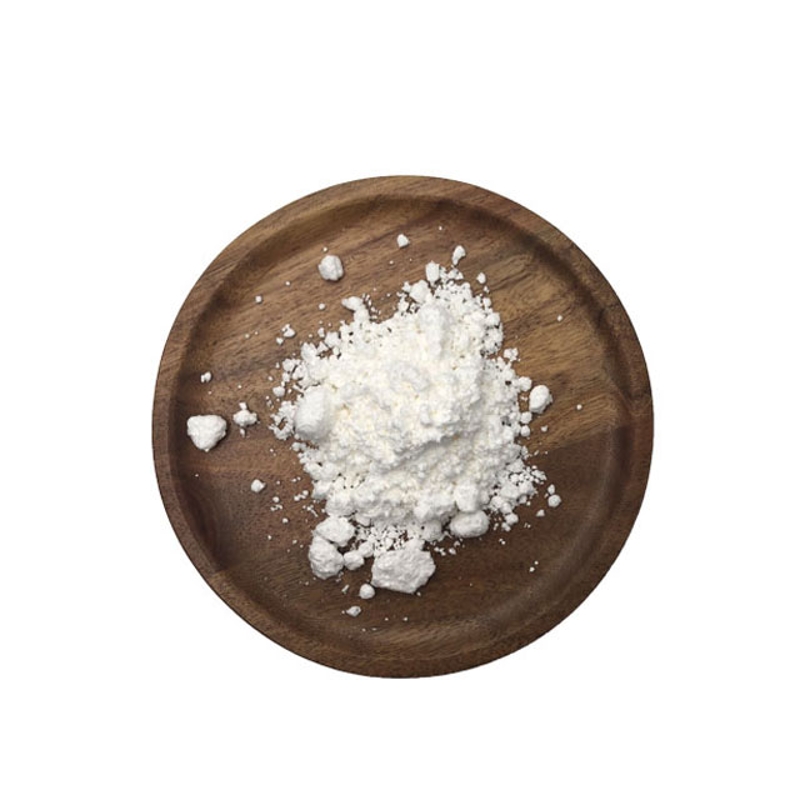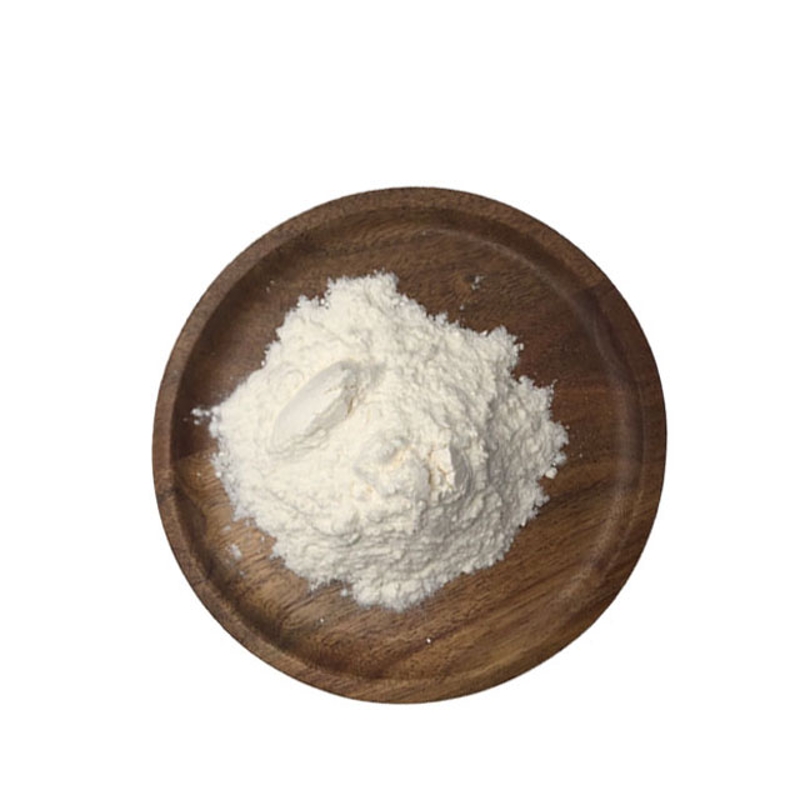-
Categories
-
Pharmaceutical Intermediates
-
Active Pharmaceutical Ingredients
-
Food Additives
- Industrial Coatings
- Agrochemicals
- Dyes and Pigments
- Surfactant
- Flavors and Fragrances
- Chemical Reagents
- Catalyst and Auxiliary
- Natural Products
- Inorganic Chemistry
-
Organic Chemistry
-
Biochemical Engineering
- Analytical Chemistry
- Cosmetic Ingredient
-
Pharmaceutical Intermediates
Promotion
ECHEMI Mall
Wholesale
Weekly Price
Exhibition
News
-
Trade Service
January 30, 2021 // -- Merck . Co) recently presented the first data of the first phase 3 KEY-598 study of anti-PD-1 therapy Keytruda (Corida, generic name: pembrolizumab, Pabliju single anti-drug) at the 21st World Lung Cancer Congress (WCLC) online conference hosted by the International Lung Cancer Research Association.
the study was conducted in patients with metastasis non-small cell lung cancer (NSCLC) without EGFR or ALC genomic tumor distortion, tumor expression PD-L1 (tumor ratio score (TPS) ≥50%) and evaluated the efficacy and safety of Keytruda and Yervoy (ipilimumab, Iplimma) immunocommunication therapy, and Keytruda monotherapy for first-line therapy.
Yervoy is an anti-CTLA-4 immunotherapy by Shishi Shiguibao.
study showed that adding Yervoy to Keytruda did not improve the total lifetime (OS) or progression-free lifetime (PFS) of these patients compared to Keytruda monodrip drug therapy, but increased toxicity.
OS was 21.4 months for patients in the Keytruda-Yervoy combined treatment group and 21.9 months for patients in the Keytruda single-drug treatment group (HR=1.08 (95%CI, 0.85-1.37) ;p=0.74).
addition, the medium PFS was 8.2 months for patients in the Keytruda-Yervoy combined treatment group, while the medium PFS was 8.4 months for patients in the Keytruda single-drug treatment group (HR=1.06 (95%CI, 0.86-1.30) ;p=0.72).
As previously announced in November 2020, the study was discontinued on the recommendation of the Independent Data Monitoring Committee (DMC), which determined the benefit/risk status of Keytruda United Yervoy and did not support the continuation of the trial.
DMC also recommended that patients in the study stop using Yervoy/placebo therapy.
Dr Michael Boyer, Chief Clinical Officer and Co-Chair of Chest Oncology at Chris O'Brien Lifehouse, Canberra, New South Wales, Australia, said: "THE KEYNOTE-598 study shows that adding Yervoy to Keytruda does not improve total survival or progression-free survival, and patients receiving co-treatment are more likely to experience serious side effects than those treated with Keytruda monotherapy.
that Keytruda monotherapy is still the standard treatment for metastasis non-small cell lung cancer patients with certain tumor expression PD-L1.
"As a leader in lung cancer, we are pursuing an extensive clinical program to better understand the potential of Keytruda-based combination therapies to improve survival outcomes in patients with this devastating disease," said Dr. Roy Baynes, Senior Vice President and Global Clinical Development Director and Chief Medical Officer, Mercer East Research Laboratory.
KEYNOTE-598 is the first head-to-head study to answer the question of whether, in some patients with metastasis non-small cell lung cancer, the combined Keytruda and Yervoy provide additional clinical benefits over the treatment of Keytruda alone.
results are clear - co-medication does not increase clinical benefits, but increases toxicity.
"KEYNOTE-598(NCT03302234) is a randomized, double-blind, Phase 3 clinical trial designed to evaluate the efficacy and safety of metastasis NSCLC patients with Keytruda-Yervoy combination therapy, Keytruda monotherapy first-line treatment without EGFR or ALC genomic tumor aberration, tumor expression PD-L1 (TPS≥50%).
common main endpoints of this research are OS and PFS.
secondary endpoints include objective mitigation rate (ORR), mitigation duration (DOR), and security.
the study included 568 patients who were randomly assigned to receive: (1) Keytruda (3 weeks/cycle, 200mg intravenous infusion on the first day of each cycle, up to 35 cycles of treatment) combined Yervoy (6 weeks/cycle, intravenous infusion of 1 mg/kg on the first day of each cycle, up to 18 cycles of treatment ;(2) Keytruda (3 weeks/cycle, 200 mg intravenous infusion on the first day of each cycle, up to 35 cycles of treatment) as a single drug therapy.
the study's non-binding invalidity criteria are based on Restrictive Average Survival Time (RMST), an alternative result indicator that estimates the area under the survival curve by a fixed point in time.
the pre-defined criteria for the RMST difference between keytruda-Yervoy combined therapy and Keytruda single-drug therapy, with a maximum observation time of ≤0.2 over a 24-month follow-up period.
as of the data cut-off, the median study follow-up was 20.6 months.
results showed that the medium OS was 21.4 months for patients who were randomly treated with a combined treatment of Keytruda and Yervoy (n=284), while for patients who were randomly treated with Keytruda single-drug therapy (n=284) ) The medium OS is 21.9 months (HR s 1.08 s 95% CI, 0.85-1.37 s ;p s 0.74).
Keytruda-Yervoy combined therapy and Keytruda single-drug therapy had RMST differences of -0.56 at the maximum observation time and -0.52 at 24 months, meeting the test invalidity criteria, confirming that the benefits/risk status of the combined therapy did not support further studies.
addition, the medium PFS was 8.2 months for patients who were randomly treated with Keytruda-Yervoy, and 8.4 months for patients who were randomly treated with Keytruda monotherapy (HR=1.06 (95%CI, 0.86-1.30) ;p and 0.72).
in both groups of the study, the ORR was 45.4%; the median DOR was 16.1 months for patients who were randomly treated in a combined treatment with Keytruda and Yervoy, and 17.3 months for patients who were randomly treated with Keytruda single-drug therapy.
new safety signals for Keytruda monotherapy have not been observed.
of treatment-related adverse events (TRAEs) was 76.2% in the Keytruda-Yervoy group, compared with 68.3% in the Keytruda single-drug treatment group.
of these TRAEs, 35.1% vs 19.6% are 3-5, 27.7% vs 13.9% are severe TRAEs, 6.0% vs3.2% leads to Yervoy or placebo suspension, 19.1% vs 7.5% lead to suspension, 2.5% vs 0.0% (no patient) results in death.
addition, 44.7 percent of patients treated in a combined therapy with Keytruda plus Yervoy had immuno-mediated adverse events (AE) and infusion reactions, and 32.4 percent of patients treated with Keytruda monotherapy.
of these immuno-mediated adverse events, 20.2% and 7.8%, respectively, and 19.1% and 7.1%, 1.8% and 1.1%, respectively. Adverse events led to the suspension of Yervoy or placebo, 12.1% and 4.3% of adverse events resulted in all drug suspensions, and 2.1% and 0.0% (no patients) adverse events resulted in death.
Origin: Merck Presents Results From Head-to-Head Phase 3 KEYNOTE-598 Trial Evaluating KEYTRUDA® (pembrolizumab) in Integration With Ipilimumab Versus KEYTRUDA Monotherapy in Certain Patients Metastatic Small Non-Cell Cancer <!--/ewebeditor>







